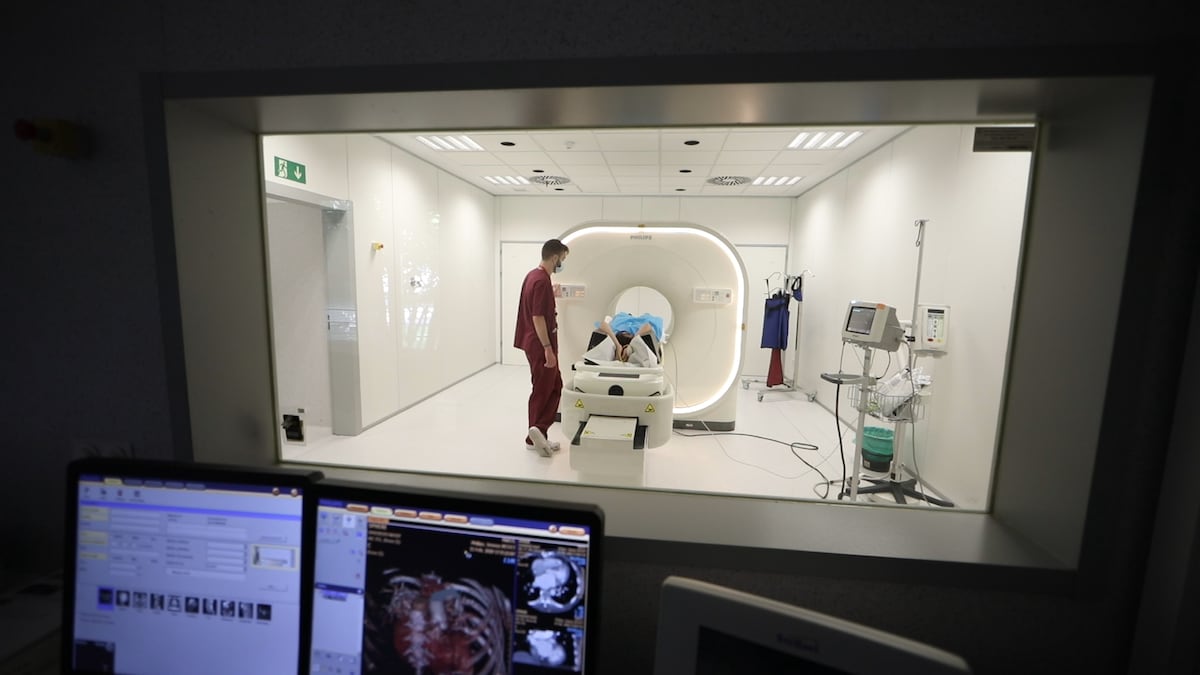
"Researchers have discovered that gut bacteria produce a molecule that not only induces but also causes atherosclerosis, the accumulation of fat and cholesterol in the arteries."
"Imidazole propionate interacts with immature white blood cells and triggers an inflammatory reaction in the arteries, promoting the buildup of fatty plaques."
"A surprising 63% of seemingly healthy volunteers aged 40 to 55 showed signs of atherosclerosis, revealing the disease's widespread presence."
"The study establishes a causal relationship between imidazole propionate and atherosclerosis, with elevated levels observed in one out of five volunteers with active disease."
A study involving Banco Santander employees revealed a link between gut bacteria and atherosclerosis, a major cardiovascular disease. Researchers found that imidazole propionate, a molecule produced by gut bacteria, triggers inflammatory reactions in arteries, promoting plaque buildup. In a group of seemingly healthy volunteers aged 40 to 55, 63% showed signs of atherosclerosis. The study established a causal relationship between imidazole propionate and atherosclerosis, with heightened levels found in 20% of volunteers with active coronary issues. This research signifies a paradigm shift in understanding cardiovascular disease etiology.
Read at english.elpais.com
Unable to calculate read time
Collection
[
|
...
]